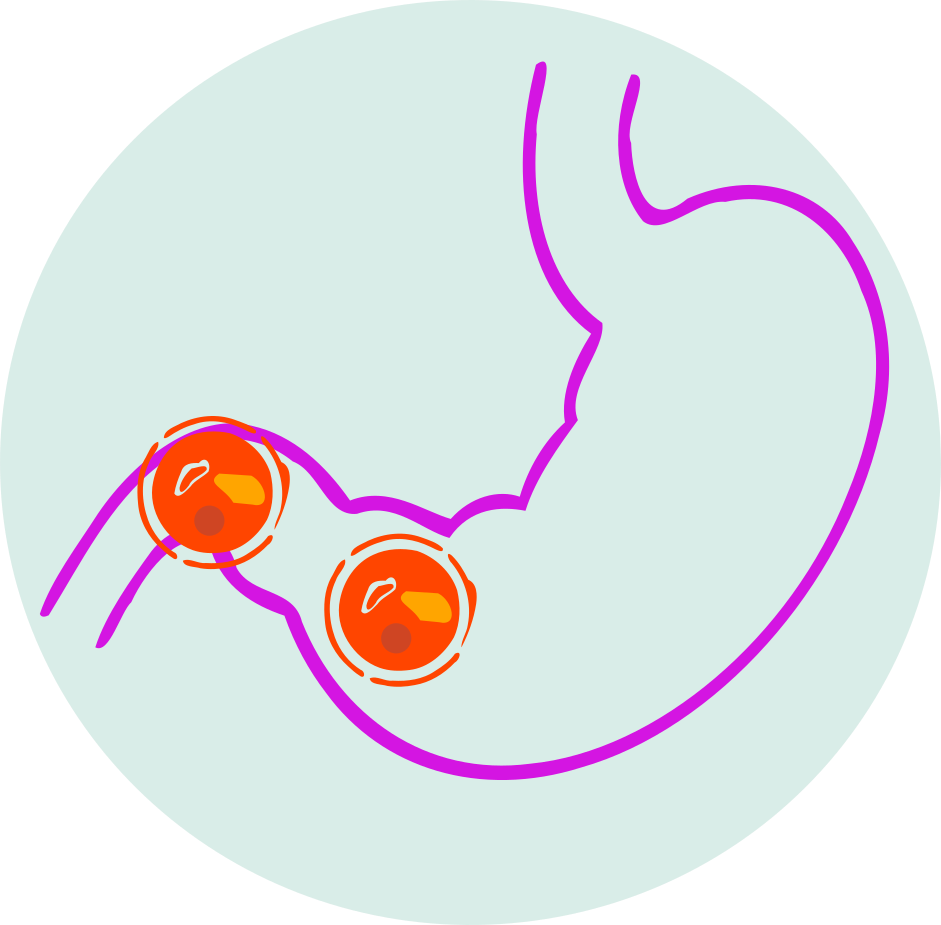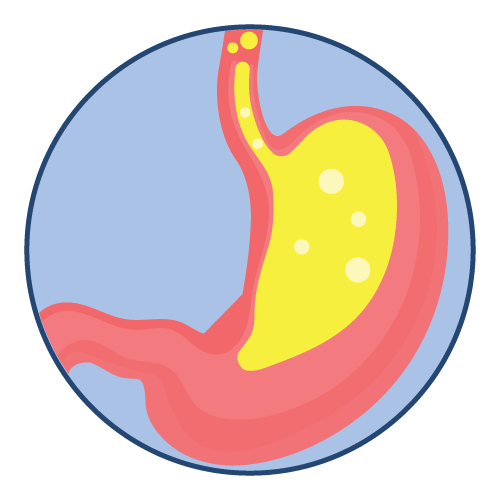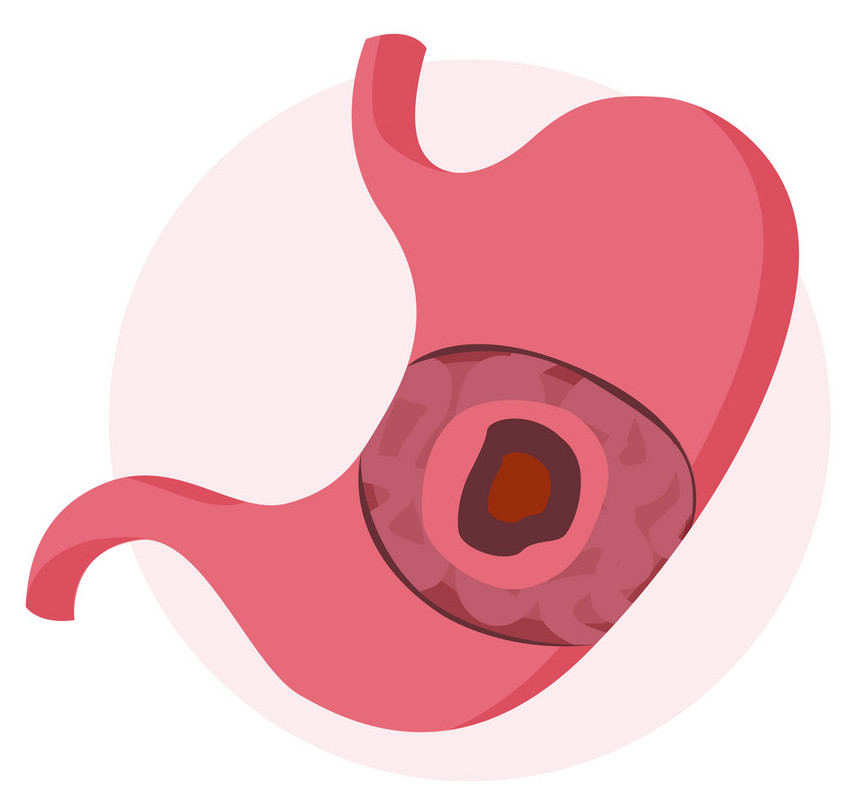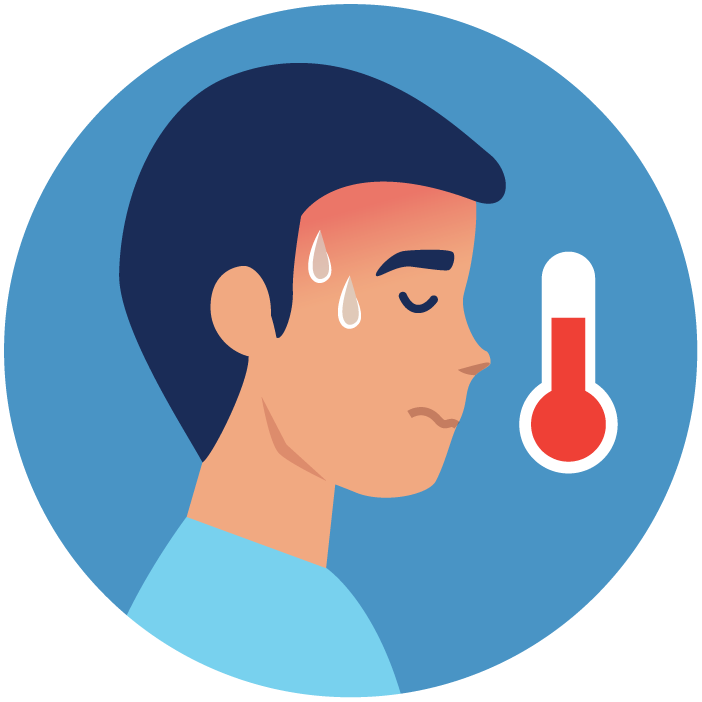| Name | Nizatidine |
| Classes |
Gastrointestinal Agent Antiulcerants H2 Blocker / Histamine-2 Receptor Antagonist |
| Diseases |
Dyspepsia Gastrointestinal Disease GERD (Gastroesophageal Reflux Disease) Heart Burn Ulcer |
Nizatidine
Nizatidine is a histamine H2-receptor antagonist. Nizatidine significantly inhibited nocturnal gastric acid secretion for up to 12 hours. Nizatidine also significantly inhibited gastric acid secretion stimulated by food, caffeine, betazole, and pentagastrin.
- Nizatidine Oral Solution is indicated for up to 8 weeks for the treatment of active duodenal ulcer. In most patients, the ulcer will heal within 4 weeks.
- Nizatidine Oral Solution is indicated for maintenance therapy for duodenal ulcer patients at a reduced dosage of 150 mg h.s. after healing of an active duodenal ulcer. The consequences of continuous therapy with nizatidine for longer than 1 year are not known.
- Nizatidine Oral Solution is indicated for up to 12 weeks for the treatment of endoscopically diagnosed esophagitis, including erosive and ulcerative esophagitis, and associated heartburn due to GERD.
Nizatidine Oral Solution is indicated for up to 8 weeks for the treatment of active benign gastric ulcer. - Before initiating therapy, care should be taken to exclude the possibility of malignant gastric ulceration.
- Active Duodenal Ulcer: The recommended oral dosage for adults is 300 mg once daily at bedtime. An alternative dosage regimen is 150 mg twice daily.
- Maintenance of Healed Duodenal Ulcer: The recommended oral dosage for adults is 150 mg once daily at bedtime.
Gastroesophageal Reflux Disease: The recommended oral dosage in adults for the treatment of erosions, ulcerations, and associated heartburn is 150 mg twice daily. - Active Benign Gastric Ulcer: The recommended oral dosage is 300 mg given either as 150 mg twice daily or 300 mg once daily at bedtime. Prior to treatment, care should be taken to exclude the possibility of malignant gastric ulceration.
- Each mL of Nizatidine Oral Solution contains 15 mg of nizatidine. In adults, Nizatidine Oral Solution may be substituted for any of the above indications using equivalent doses of the oral solution.
- Pediatric Dosing: Each mL of oral solution contains 15 mg of nizatidine. Nizatidine Oral Solution is indicated for pediatric patients 12 years of age or older. For pediatric patients 12 years of age and older, the dosage of nizatidine is 150 mg b.i.d. (2 tsp, b.i.d.)
- The following dosage recommendations are provided:
Erosive Esophagitis: For pediatric patients 12 years or older, the dosage is 150 mg b.i.d. (300 mg/d). The maximum daily dose for nizatidine PO is 300 mg/d. The dosing duration may be up to eight weeks.
Gastroesophageal Reflux Disease: For pediatric patients 12 years or older, the dosage is 150 mg b.i.d. (300 mg/d). The maximum daily dose for nizatidine PO is 300 mg/d. The dosing duration may be up to eight weeks.
- Symptomatic response to nizatidine therapy does not preclude the presence of gastric malignancy.
- Because nizatidine is excreted primarily by the kidney, dosage should be reduced in patients with moderate to severe renal insufficiency.
- Pharmacokinetic studies in patients with hepatorenal syndrome have not been done. Part of the dose of nizatidine is metabolized in the liver. In patients with normal renal function and uncomplicated hepatic dysfunction, the disposition of nizatidine is similar to that in normal subjects.
Contraindication
Nizatidine is contraindicated in patients with a history of serious hypersensitivity reactions (e.g., anaphylaxis) to nizatidine or other H2 receptor antagonists, such as-
There is no known contraindications of nizatidine in terms of food and drinks.
There is no known contraindications of nizatidine in terms of health conditions.
 Bangla
Bangla English
English








